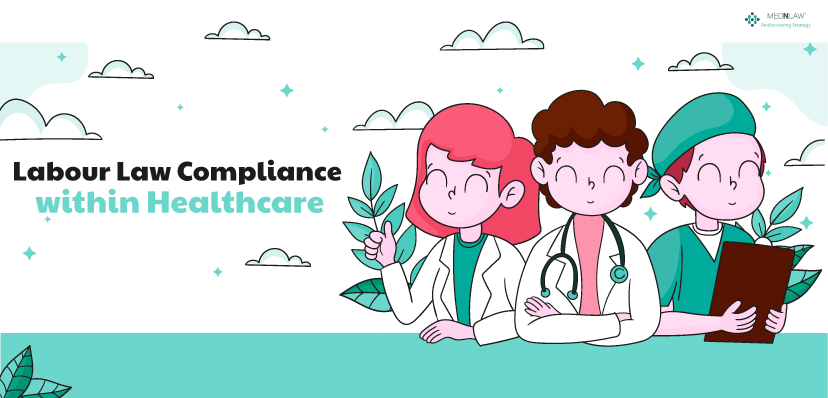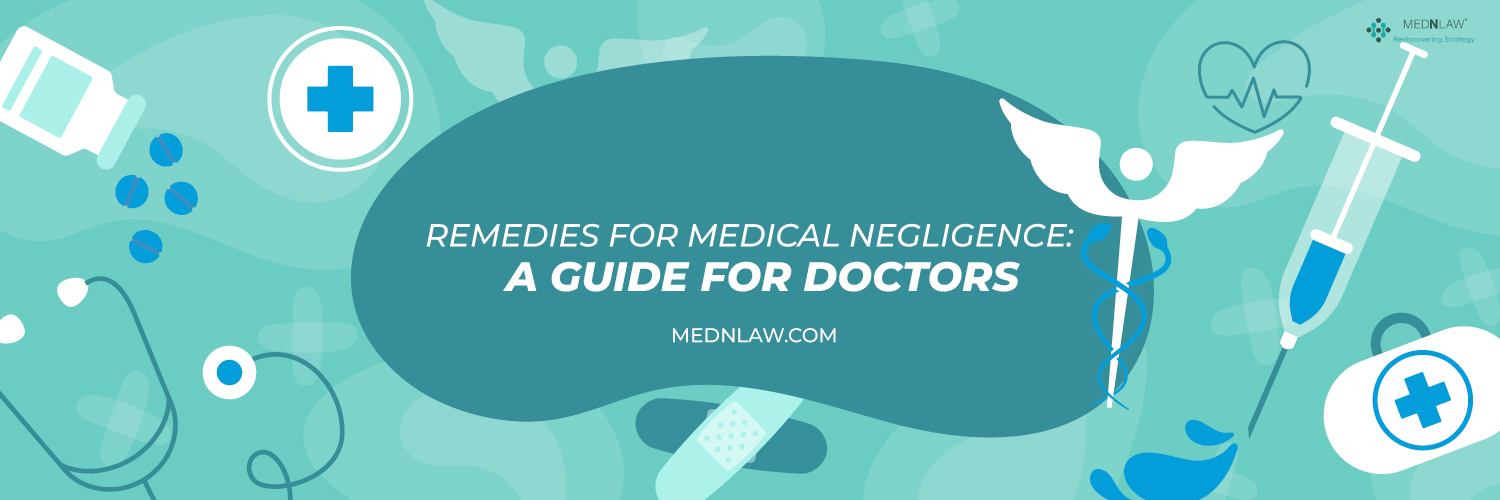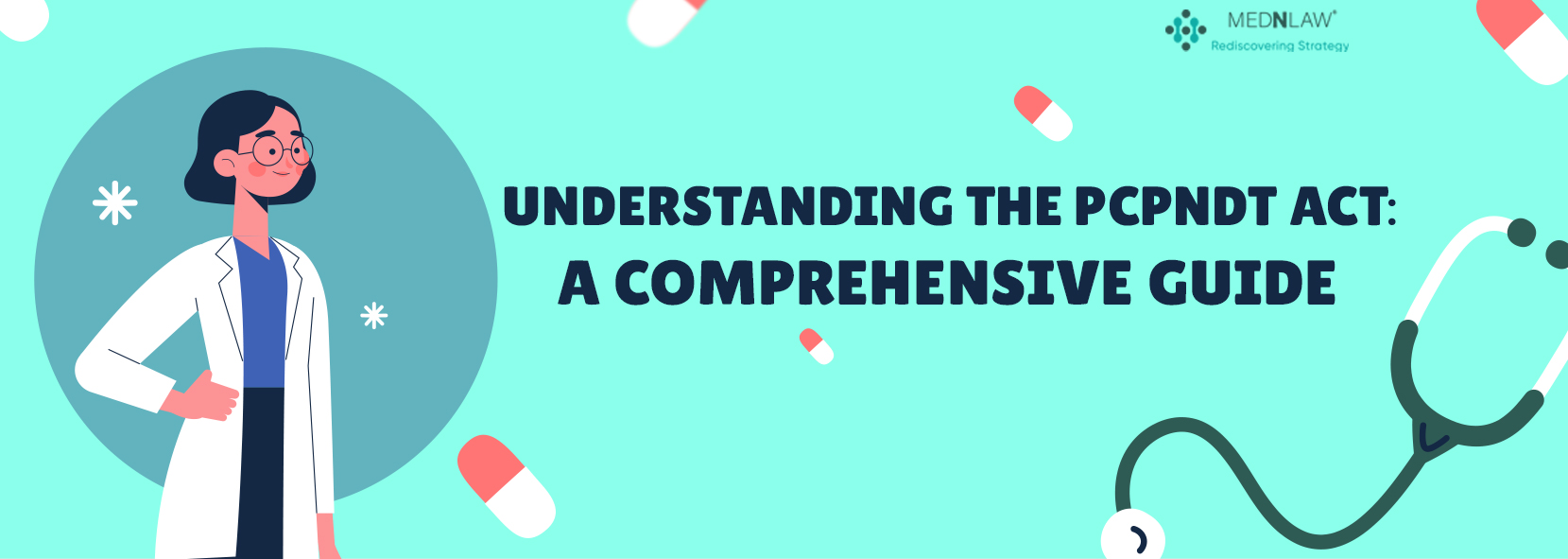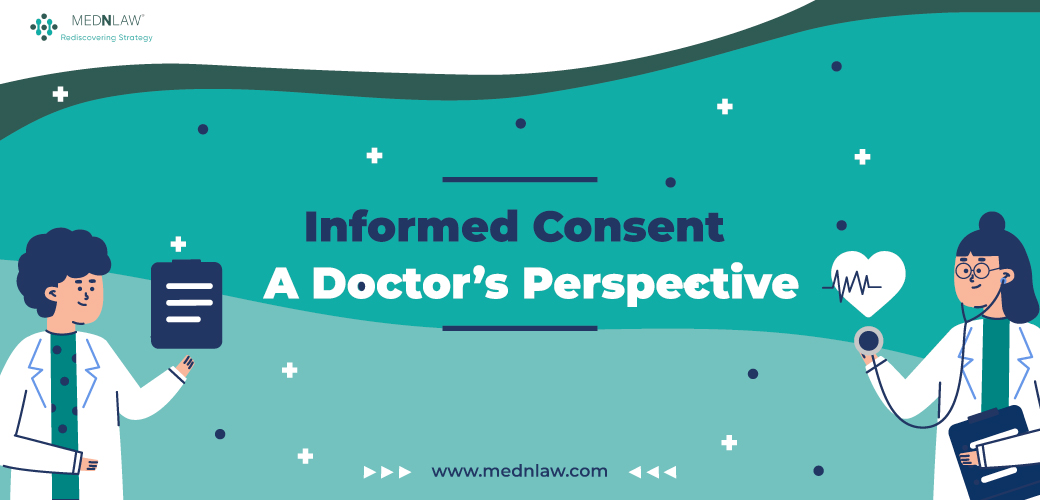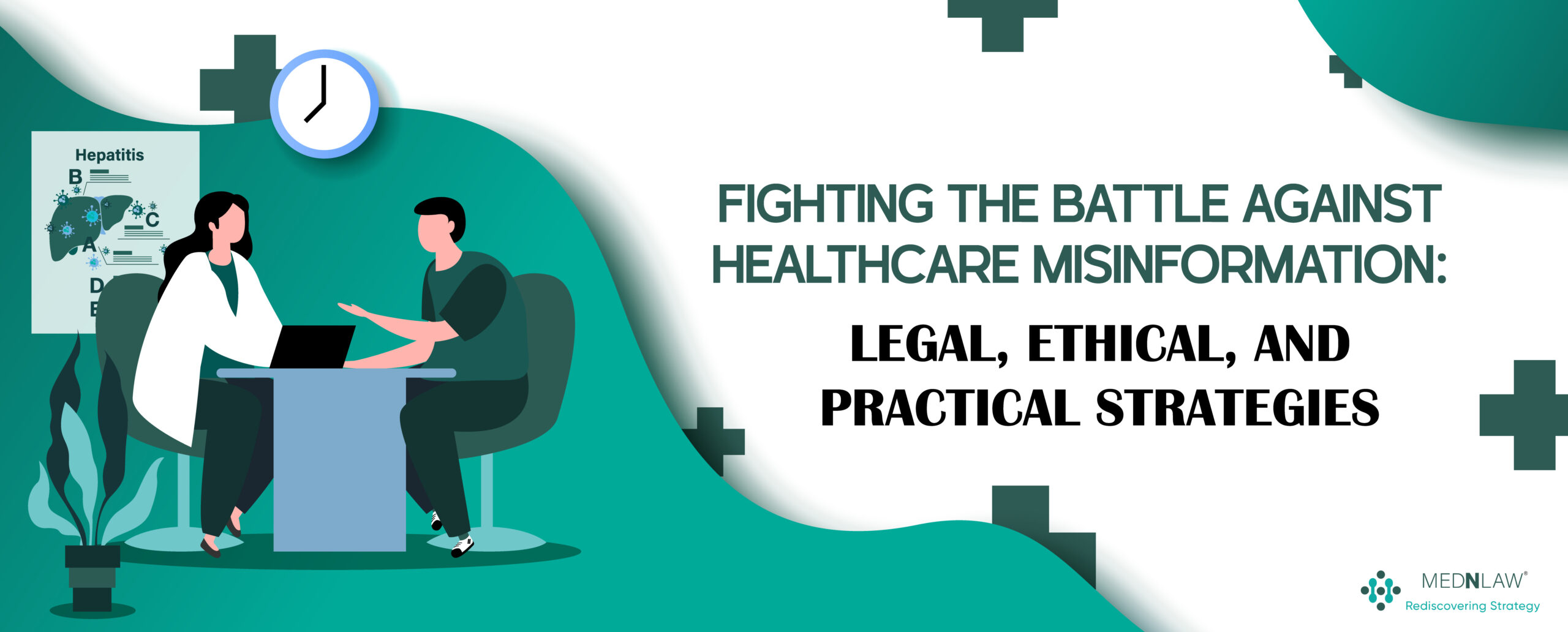
All thanks to the pace of life we live today – information reaches people faster than they notice. Everything, from the internet to social media networks and online societies, has grown into essential repositories of health-related knowledge.
These platforms have revolutionised information access but have also removed several barriers for misinformation or fake news to flow freely across them — especially in the sensitive and critical healthcare domain in a country such as India, where healthcare misinformation can cause increased harm to persons. Healthcare Misinformation has emerged as a crucial, urgent problem.
This article highlights legal, ethical, and practical interventions to combat healthcare misinformation and equip patients with tools to navigate the digital information landscape with knowledge and agency.
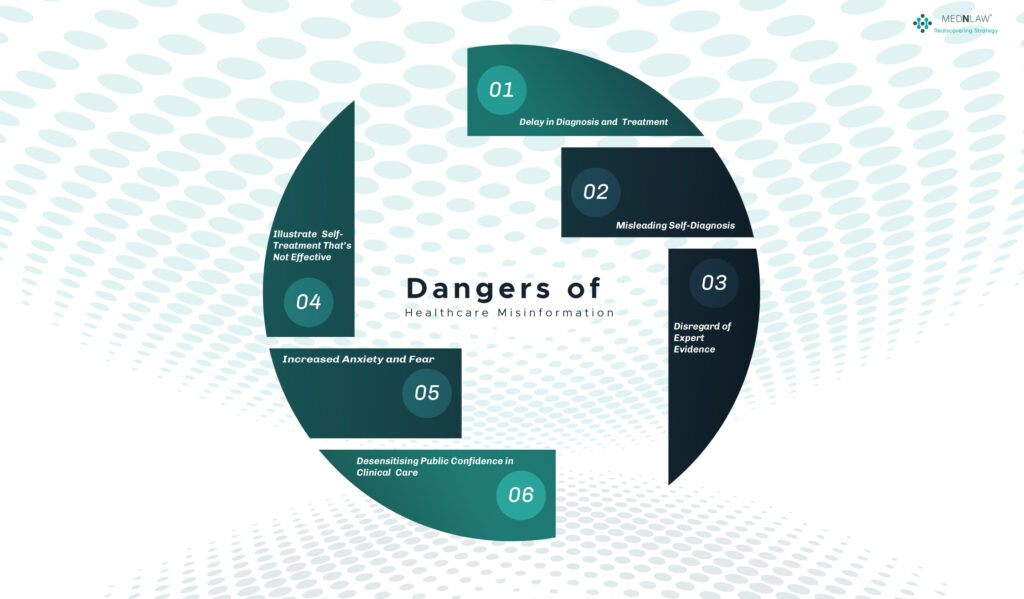
Dangers of Healthcare Misinformation
Healthcare misinformation can have dire consequences, including adverse health outcomes, mortality, and undermining public confidence in the health system. The most troubling effects of healthcare misinformation include:
Delay in Diagnosis and Treatment
Such healthcare misinformation regarding health conditions, symptoms, or treatments can cause individuals to misinterpret their symptoms. Such interpretation delays their timely seeking of professional medical assistance, thereby delaying diagnosis and treatment. In some circumstances, like cancer or heart affliction, such delay could be fatal. The longer people delay getting professional treatment, the more chronic the illness can become and the harder it may be to treat successfully.
Misleading Self-Diagnosis
One of the most dangerous things healthcare misinformation can do is lead people to self-diagnose using wrong information or partial information. Those who turn to the internet for information may convince themselves they can diagnose issues without medical expertise. Because even the smallest of conditions can turn serious, the results of mistakes in diagnosing or ignoring health conditions can be devastating.
Disregard of Expert Evidence
When bombarded with various forms of alternative medical information on the internet, people may doubt the competent advice of a qualified healthcare professional. Such scepticism can lead some people to ignore medically appropriate advice, which can delay their treatment and even motivate them to seek unproven and potentially dangerous alternative therapies.
Illustrate Self-Treatment That’s Not Effective
The internet is full of unproven claims about “miracle cures” and alternative therapies for everything from cancer to diabetes. These inaccurate sources might cause people to try hazardous home remedies or self-medicate with over-the-counter medicines without proper advice. This not only discourages people from getting the treatment they need, but it also buries them in danger of getting serious side effects or complications.
Increased Anxiety and Fear
Healthcare misinformation often leads to unnecessary fright and anxiety. Alarming headlines about public health epidemics, unproven alerts about individual drugs or overblown assertions about the risks of a given health intervention can frighten people into a tizzy. This fear seems to lead people to avoid the medical system entirely, even though they require professional care.
Desensitising Public Confidence in Clinical Care
Healthcare Misinformation threatens to erode trust in the public health system when it casts doubt or dispels the accepted scientific fundamentals for population well-being or when statements alter the perception of vaccines or other lifesaving technologies. This results in vaccine hesitancy, distrust in medical professionals, and a general reluctance to follow medical advice, which creates public health crises.
Legal Approaches to Combatting Healthcare Misinformation
India’s legal structure has made some progress in combating misinformation, but there is no single law targeting healthcare misinformation. Nevertheless, legal tools still exist that can be used to hold people accountable for the spread of false and damaging health information. This approach creates a path for victims of healthcare misinformation action to address their grievances and be defended against to protect their health and well-being.
Information Technology Act, 2000 (IT Act)
The IT Act primarily deals with internet behaviour, such as disseminating and spreading harmful content, including obscenity, cyberbullying, and defamation. The IT Act does not directly target health misinformation, but its provisions can be utilised to address the intentional dissemination of false and harmful health information. This means that someone who publishes content that results in someone being injured or harmed may be held legally responsible for their actions. In the era of the digital landscape, this act can be a key tool in the fight against healthcare misinformation, especially if digital platforms proliferate.
Indian Penal Code (IPC) and Bhartiya Nyaya Sanhita (BNS)
The IPC and BNS have provisions regarding criminal offences in relation to forgery, defamation and disseminating false information. They can be invoked against those intentionally damaging individual or public health by spreading healthcare misinformation. An example could be a person or an organisation making false claims about the safety or efficacy of a medication, which can be charged with defamation or criminal mischief under the IPC as well as BNS. Lawfare against those who unscrupulously generate or spread erroneous health information may mitigate the ongoing proliferation of fallacies.
Drugs and Cosmetics Act, 1940
This law regulates the marketing and promotion of drugs, medical devices, and therapies. Though it mainly deals with traditional media, the act can be implemented against misleading advertisements or misleading claims for health products and treatments found online. For example, under the Drugs and Cosmetics act, if a person posts on a website or a social media page that a certain medicine can cure a certain disease, then this act can be invoked to remove that misinformation or hold the people responsible for the healthcare misinformation.
Consumer Protection Act, 2019
The act provides remedies to consumers for unfair trade practices. If people buy medical products on the basis of false information or are financially harmed by false health claims, they could complain under the Consumer Protection Act. This law can help particularly when people are tricked into purchase of health products that are unsafe or ineffective.
If concrete information on how these pathways can be used is the first step in requiring individuals and authorities to do their part to protect public health, it is also essential that the process of seeking legal action against misinformation can be obfuscated and time-consuming.
Strategies for Combating Healthcare Misinformation
This battle against healthcare misinformation is not just the purview of prosecution but is also guided by a moral imperative from many stakeholders involved. Ethical behaviour also guarantees that health misinformation will not spread and that the public will only be informed by trustworthy, reliable sources.
Role of healthcare professionals
Healthcare providers are at the forefront fighting misinformation. In addition to direct patient care, they have an ethical obligation to help inform the public. This includes the use of social media platforms, blogs and other online channels as potential vehicles for healthcare providers to share scientifically accurate and reliable health information. This will allow them to engage with the public in a clear and accessible way to combat misconceptions and correct misinformation as they occur. This helps demystify difficult medical subjects and enables patients to make informed choices for themselves.
Role of Media Organizations
Media outlets are among the most critical conduits of information and thus have an obligation to ensure that the health information they disseminate is correct and appropriately scrutinised. It is the responsibility of journalists and editors to fact-check, source expert voices from the most reliable and credible experts, and report from evidence verified through peer-reviewed science. It is this negative impact that can be minimised by media organisations following the principles of responsible journalism and limiting the occurrence of misleading health claims, thus protecting public confidence in the medical profession.
Accountability of Technology Platforms
Social media companies and other digital firms can shape the way information circulates. With this power comes a duty not to simply blast the content into the world without care and to flag or remove health-related misinformation. This means that platforms such as Facebook, Twitter, and YouTube can employ algorithms to detect false health claims and, with the input of medical experts, ensure that only verified and factual health information is presented to users. With efforts to prioritise sound material and stop negative misinformation, these platforms can work to reduce the impact of false health statements.
Individual Responsibility
Last but not the least, we must take personal responsibility when we are exposed to health-related content on the web. People need to question the validity of the information they find and verify it against credible sources — government health sites, recognised medical organisations and peer-reviewed research. Internet health advice should never be taken at face value until verified by scientific and medical-based professional suggestion.
Conclusion – Efforts to Stop Healthcare Misinformation
Fighting healthcare misinformation is everyone’s responsibility. We need a multipronged approach — legal and regulatory, as well as best practices at healthcare, media and technology companies. By mobilising the public about the health implications of crown spreaders and how to alleviate NIC, intelligent crown spreaders should be strengthened, and their laws should be human-centred in order to create systemic support structures for people to combat false health claims and for people to provide evidence-based health advice where they operate some behaviour can be scaled up and no organisation get a free pass the manifestations on immunity held accountable on behaviour because they will get more resistant behaviour.
Healthcare misinformation is a public health crisis in itself, one that can result in actual damage and harm. It is critical for each of us—health care providers, law enforcement, media companies, technology platforms and individuals—to play our role in ensuring that accurate, reliable and scientifically sound health information is disseminated and misleading, harmful misinformation is effectively countered. Together, we can build a healthier, more educated world where people have access to information necessary to improve health outcomes.
-
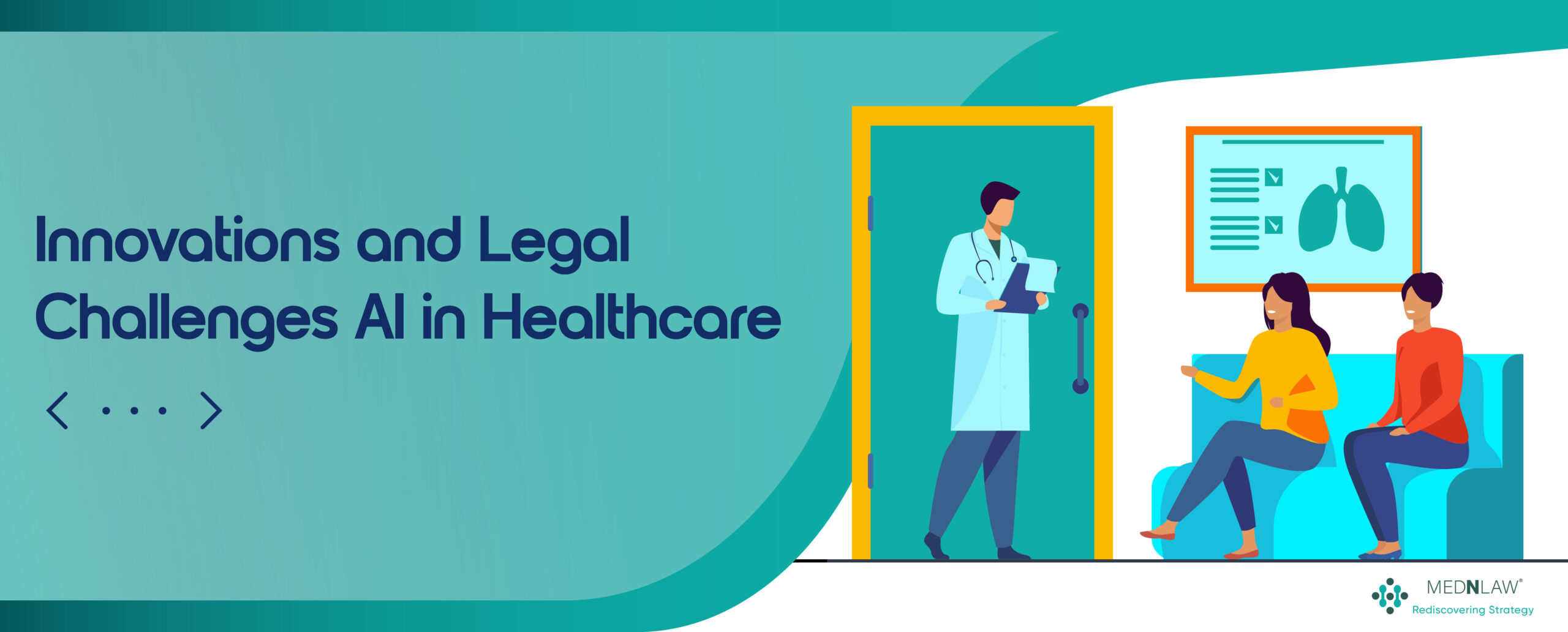
-
 Fighting the Battle Against Healthcare Misinformation: Legal, Ethical, and Practical Strategies8:54 am GMT+00:00•February 21, 2025Read more
Fighting the Battle Against Healthcare Misinformation: Legal, Ethical, and Practical Strategies8:54 am GMT+00:00•February 21, 2025Read more -
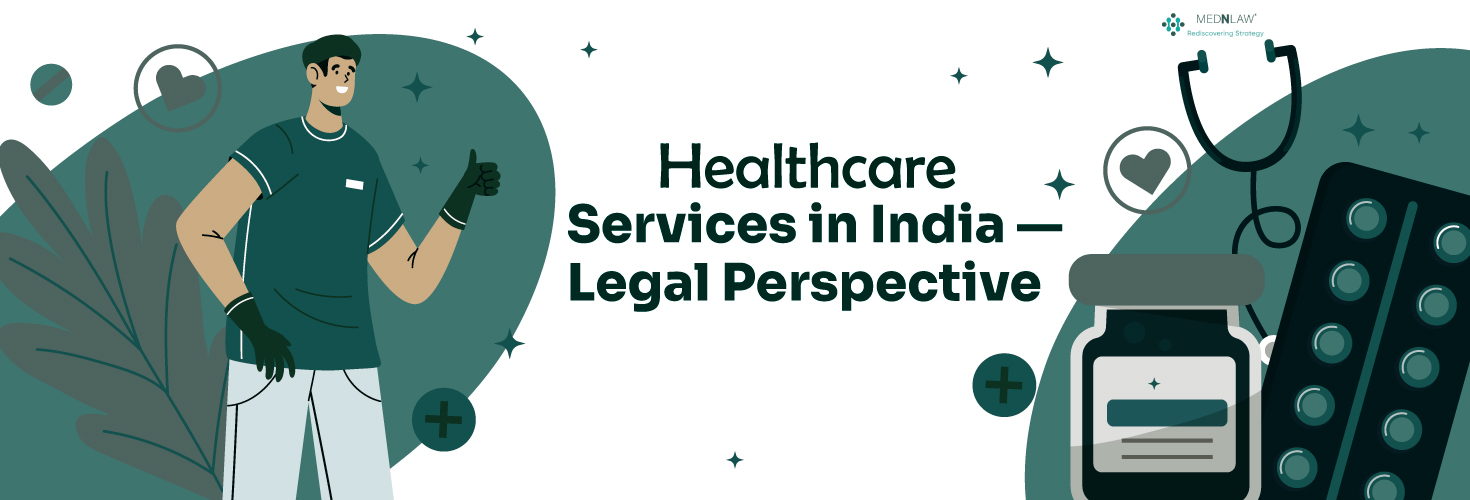
Here are some related articles you may find interesting
Copyright Mednlaw



